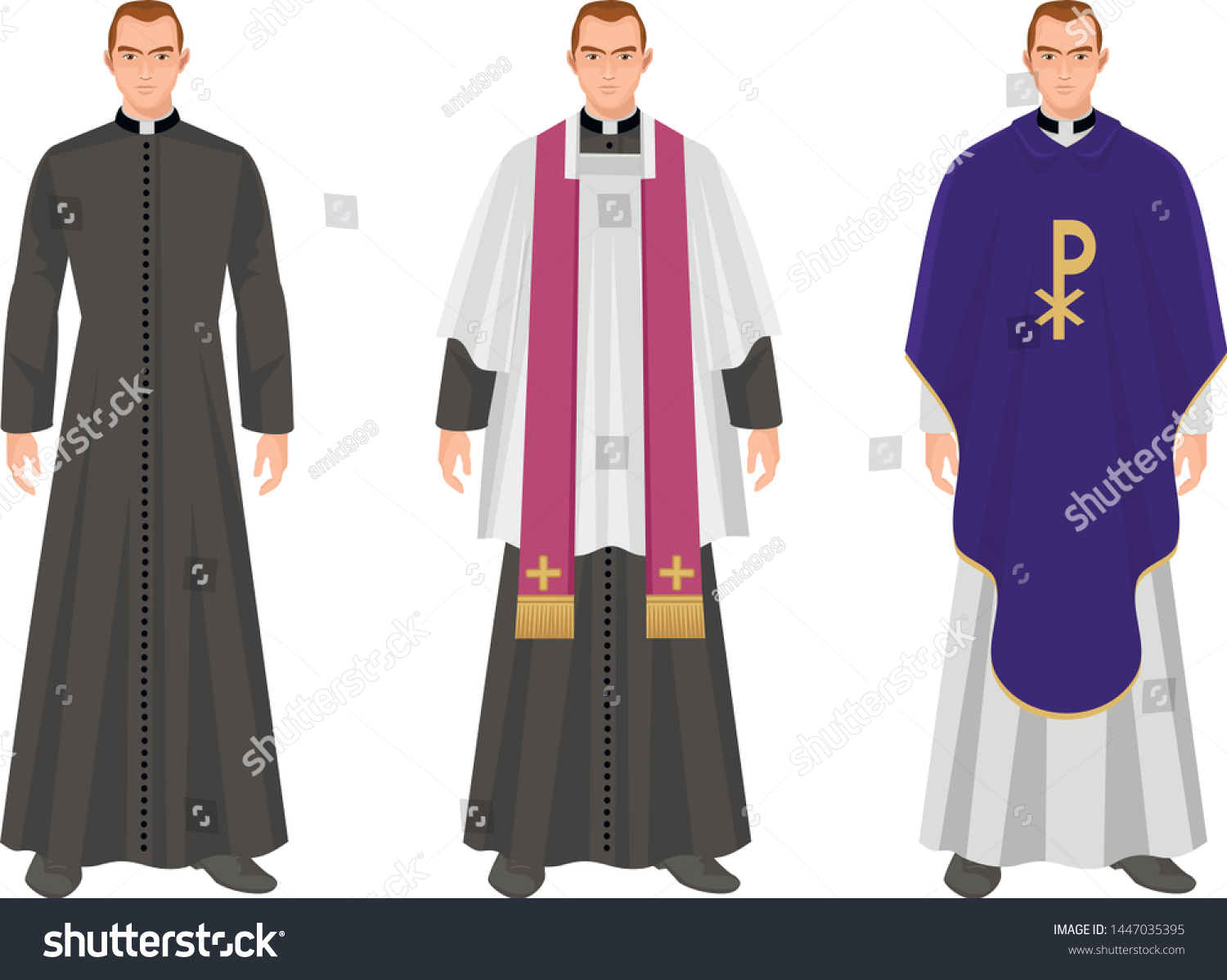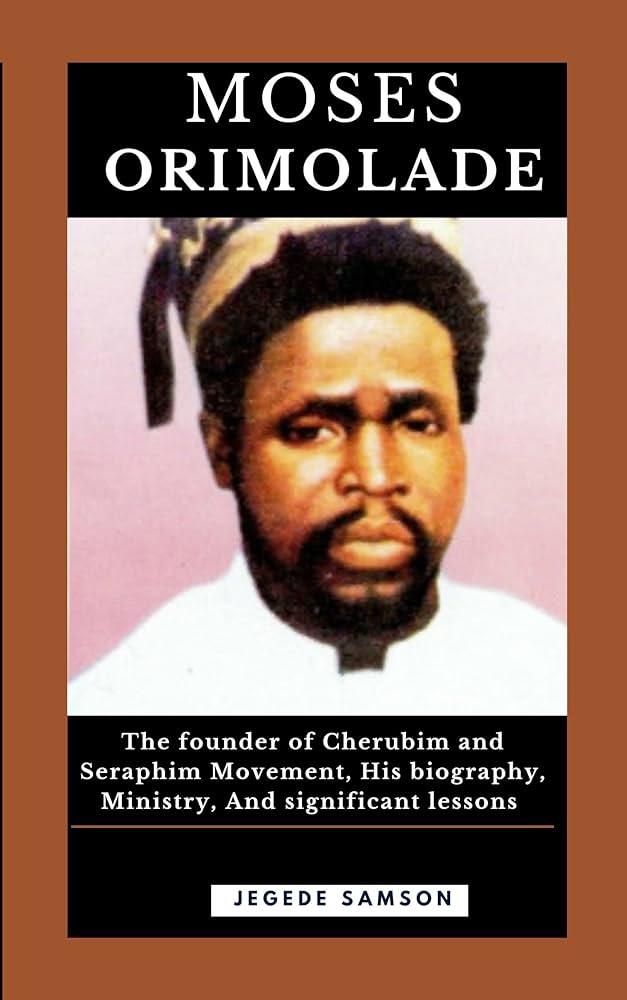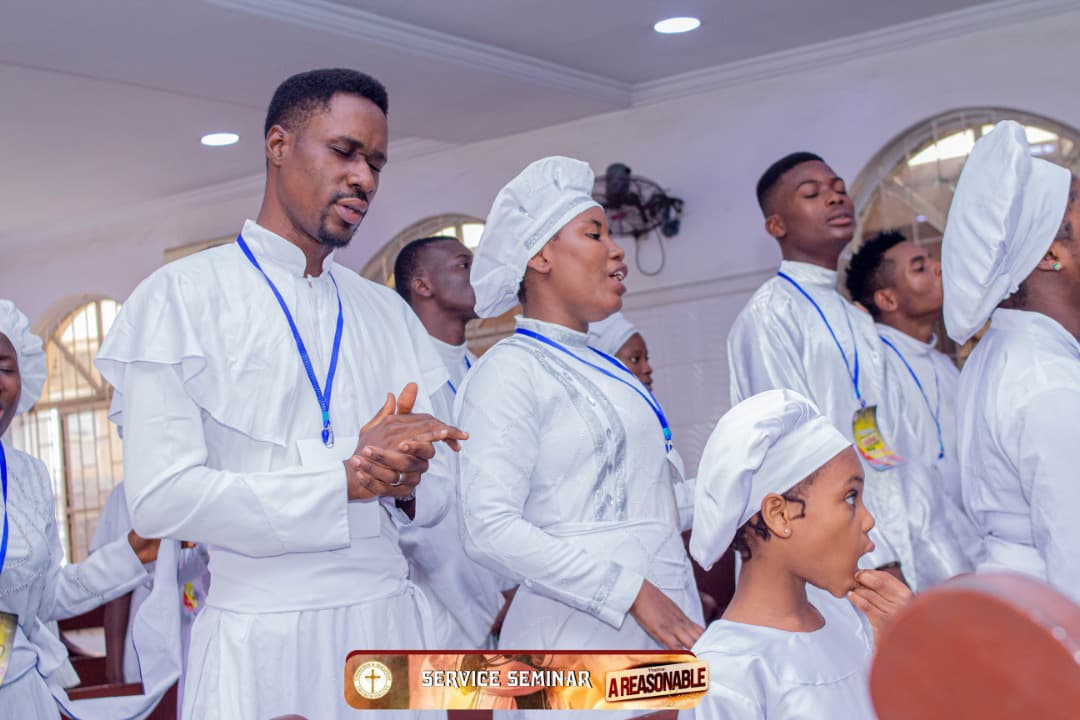In today's religious climate, it has become increasingly common for church leaders and clergy to be referred to by titles such as "Reverend" or "Most Reverend." However, from a biblical perspective, this practice is not only unwarranted, but potentially problematic.
The title “Reverend” has been adopted in many English-speaking denominations as a courtesy designation for clergymen. Higher orders are designated as “Very Reverend,” “Right Reverend,” or “Most Reverend.”
Also in C & S Church , This title "Reverend" has been adopted in our denomination such as "Reverend Mother" , "Most Reverend Mother"
"Reverend Apostle" , "Most Reverend Apostle"
The term "Reverend" is derived from the Latin word "reverendus," meaning "to be revered." In the Bible, this title is used exclusively in reference to God himself. Psalm 111:9 states, "He sent redemption unto his people: he hath commanded his covenant for ever: holy and reverend is his name." The implication is clear - the title of "Reverend" belongs to God alone, and it is inappropriate for any human being to assume this title.
Those who seek to follow the apostolic pattern will reject the use of special name-associated, religious “titles” for two reasons.
No New Testament Authority
First, there is no New Testament authority for the use of such nomenclature. This argument will carry no weight with those who are unconcerned with operating within the bounds of the Lord’s authority; yet, apostolic teaching is clear that one must not venture into the domain of presumptuous religious activity (1 Cor. 4:6 ASV; Col. 3:17; 2 Jn. 9). Christians are warned against religious conduct that is grounded in their personal “will” (Col. 2:23).
Clerical Titles Condemned by Christ
Second, in principle, the use of “Reverend,” as a clerical title, is condemned by the Lord. In a scathing rebuke of the scribes and Pharisees, Jesus spoke these words:
“But all their works they do to be seen of men: for they make broad their phylacteries, and enlarge the borders of their garments, and love the chief place at feasts, and the chief seats in the synagogues, and the salutations in the marketplaces, and to be called of men, Rabbi. But be not ye called Rabbi: for one is your teacher, and all ye are brethren. And call no man your father on the earth: for one is your Father, even he who is in heaven. Neither be ye called masters: for one is your master, even the Christ. But he that is greatest among you shall be your servant. And whosoever shall exalt himself shall be humbled; and whosoever shall humble himself shall be exalted” (Mt. 23:5-12).
Clearly the Savior has condemned the use of pompous titles by which Christian men exalt themselves above their fellows.
Any title that is contrary to [the] equality of brethren in Christ Jesus, even the desire for such a title and honor, is wicked usurpation as far as our one real Teacher is concerned
titles like “Doctor of Divinity” fall into the same category.
No Biblical Example
Third, New Testament precedent is against the august titles that the “clergy” so relish. If there was any teacher of the primitive church who might deserve a special appellation, should such have been permissible, surely it would have been Paul, whose scholastic achievements eclipsed those of his Jewish kinsmen ( Gal. 1:14; Phil. 3:4). Yet, when Peter had occasion to refer to his fellow apostle, he did not allude to “Rabbi Saul” or “Doctor Paul,” but simply as — “our beloved brother Paul” (2 Pet. 3:15).
Furthermore, the practice of addressing church leaders as "Daddy" or "Mummy" is also unbiblical and potentially harmful. These titles suggest a level of reverence and authority that should be reserved for God alone. They can also create an unhealthy power dynamic within the church, where congregants are expected to submit to the leader's authority without question.
As Jesus warned, "And call no man your father upon the earth: for one is your Father, which is in heaven. Neither be ye called masters: for one is your Master, even Christ. But he that is greatest among you shall be your servant. And whosoever shall exalt himself shall be abased; and he that shall humble himself shall be exalted" (Matthew 23:9-12). The use of these familial titles for church leaders reflects a spirit of pride and arrogance that is contrary to the humble, servant-like attitude that Jesus exemplified.
At the same time, the Bible does acknowledge that certain individuals within the church are worthy of "double honor," particularly those who are engaged in the work of preaching and teaching. 1 Timothy 5:17 states, "The elders who direct the affairs of the church well are worthy of double honor, especially those whose work is preaching and teaching." A godly man who exemplifies the qualities outlined in 1 Timothy 3:1-13 and sets a godly example in word and deed is worthy of being respected by the congregation. This, however, has to do with recognizing God's appointment and our polite treatment of ministers, as we are called to respect all people (1 Peter 2:17).
However, today, many church leaders have also adopted various forms of distinctive clothing and symbols in order to set themselves apart from the rest of the congregation. This includes the wearing of clerical collars, special robes or vestments, ornate hats, and even carrying ceremonial batons or scepters. Such practices find no precedent in the example set by the apostles or the teachings of Jesus (Matthew 20:25-28).
The apostles, who were directly commissioned by Christ, did not adorn themselves with special garments or accoutrements to distinguish their status. Rather, they followed the example of humility and servant leadership modeled by Jesus, who "made himself of no reputation, and took upon him the form of a servant" (Philippians 2:7). As the disciples later learned, "Whosoever will be great among you, shall be your minister; And whosoever of you will be the chiefest, shall be servant of all" (Mark 10:43-44).
The early church leaders did not seek to elevate themselves above the brethren, but rather served the congregation with selflessness and integrity. The book of Acts describes them as ordinary men who "had been with Jesus" (Acts 4:13), not as a clergy class set apart by their attire or trappings of authority. This spirit of humility and equality among believers is a hallmark of the New Testament church and should be emulated by those who would serve in spiritual leadership today.
In addition to the misuse of honorific titles and distinctive outward symbols of authority, the use of other titles such as "His Holiness," "His Most Eminence" and various honorifics that place an individual in a position of reverence is also unbiblical and reflective of the spirit of the Nicolaitans, a group condemned in the book of Revelation for their tendency to lord over the people (Revelation 2:6, 15). All such titles that elevate one person above others are a manifestation of pride and arrogance, which are antithetical to the humble, servant-like spirit that Jesus exemplified and called his followers to emulate.
In summary, the use of any titles that suggest a level of reverence or authority beyond that which is appropriate for a fellow believer is not supported by biblical teaching. These titles belong to God alone, and it is important for Christians to be mindful of the language they use when addressing their spiritual leaders. By rejecting these unbiblical titles, we can better align our practices with the teachings of Jesus and avoid the potential pitfalls of spiritual hierarchy and abuse.
𝑩𝒆𝒍𝒐𝒘 𝒊𝒔 𝒂 𝒍𝒊𝒏𝒌 𝒕𝒐 𝒂𝒍𝒍 𝒐𝒖𝒓 𝑺𝒐𝒄𝒊𝒂𝒍 𝑴𝒆𝒅𝒊𝒂
https://churchonlinesocials.vercel.app/





